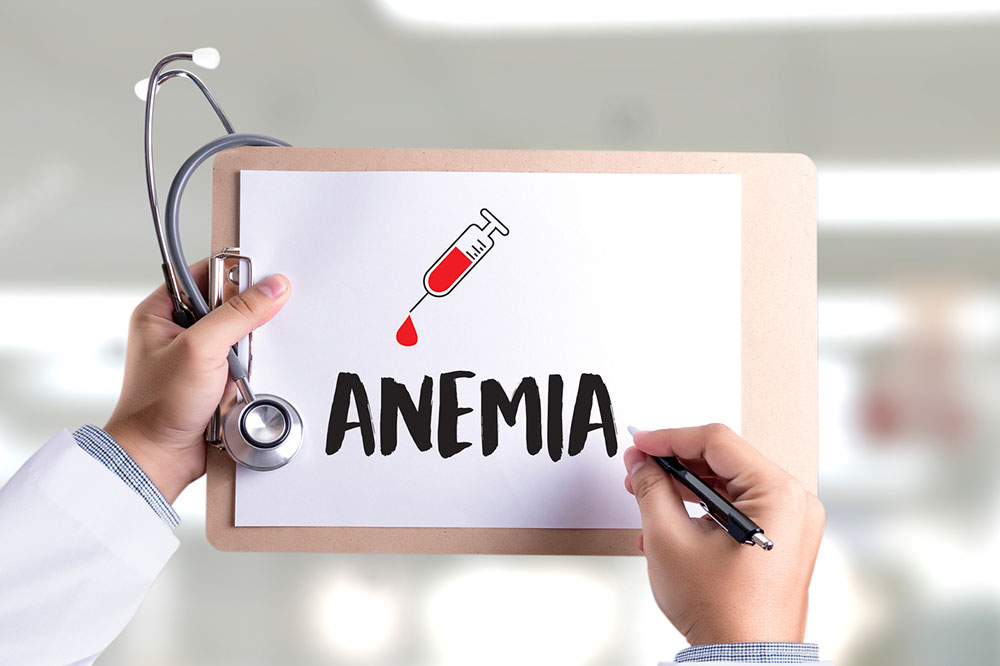Comprehensive Guide to Anemia: Causes, Symptoms, and Risks
This comprehensive overview explains anemia, highlighting its causes, symptoms, and risk factors. It covers iron and vitamin deficiencies, inflammatory conditions, hereditary types, and signs to watch for. The article emphasizes consulting healthcare providers for proper diagnosis and management, making it a useful resource for understanding and identifying anemia early.

Understanding Anemia: Causes, Symptoms, and Risk Factors
Anemia is a condition where the body doesn't produce enough healthy red blood cells to carry oxygen throughout the tissues. This leads to feelings of fatigue, weakness, and shortness of breath. It can be a temporary issue or a chronic health concern requiring ongoing management.
Common Causes
Inflammation and Chronic Diseases: Conditions like kidney disease, cancer, rheumatoid arthritis, Crohn’s disease, and other inflammatory ailments disrupt red blood cell production.
Iron Deficiency: The most prevalent form of anemia, caused by insufficient iron, which is essential for hemoglobin synthesis in bone marrow.
Vitamin Deficiency: Deficits in vitamin B-12 and folate impair red blood cell formation. Absorption issues or poor diet can lead to this deficiency.
Aplastic Anemia: A rare, life-threatening condition where the bone marrow fails to produce enough blood cells, often due to medication, toxins, autoimmune responses, or infections.
Hemolytic Anemia: Occurs when red blood cells are destroyed faster than they are replaced, often linked to blood disorders.
Sickle Cell Anemia: An inherited disorder where abnormal hemoglobin causes red cells to assume a crescent shape, leading to premature destruction and deficiency.
Recognizing Symptoms
Symptoms vary but commonly include fatigue, pale skin, irregular heartbeat, shortness of breath, weakness, chest pain, cold extremities, and frequent headaches. Some symptoms may mask the underlying condition, especially if linked to chronic illnesses.
Risk Factors
Intestinal Disorders: Conditions like celiac or Crohn’s disease can impair nutrient absorption, increasing anemia risk.
Pregnancy: Pregnant women need iron and folic acid supplements to prevent anemia.
Family History: A genetic predisposition to inherited anemia increases individual risk.
Important Note: This article provides general information about anemia. Always consult healthcare professionals for diagnosis and treatment options. Do not use this information as medical advice.










